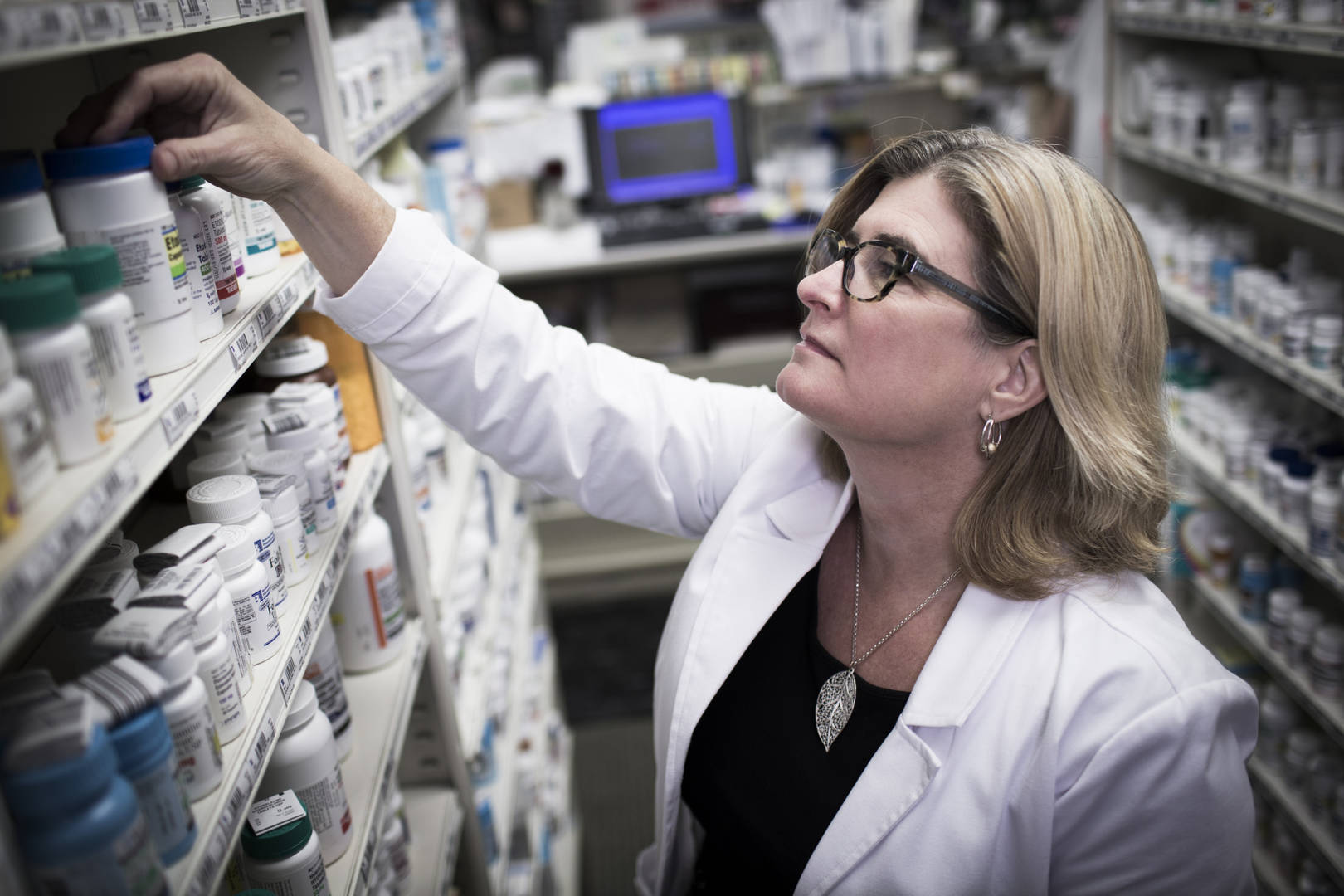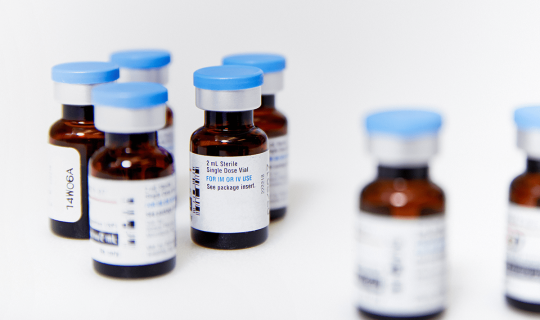How to properly dispose of medication
By Mark Pilkington, MS, RPh

Independent pharmacies can provide a valuable benefit to customers like hospice facilities by offering medication disposal services. These services often help reduce family members' anxiety and confusion during difficult times and make an onerous task simple for the hospice. But because the regulations around medication disposal can be so specific, your pharmacy will need to be well-versed in the topic before jumping in. Pharmacies can either offer these disposal services individually or as part of a larger network of stores that provide pharmacy services to hospice facilities.
Staying on top of regulations surrounding medication disposal
Medication disposal is tricky. The first step pharmacies need to take is understanding all the regulations involved in medication disposal. This is especially important if an independent pharmacy intends to provide the service on its own. Understanding state and local regulations is essential. For example, California has specific rules in place for pharmacies hosting drug takeback receptacles.
A safer, more compliant alternative may be a proven, effective reverse distribution system – one that your hospice pharmacy services partner may be able to provide for you.
Sharing instructions on proper medication disposal
Some pharmacies might choose to simply inform their patients on how they can safely dispose of medications themselves. This can be done with links to FDA instructions for disposal, details about National Prescription Drug Take Back Days in the local community, or addresses for year-round DEA-authorized collectors nearby.
These instructions can feel overwhelming. In addition, flushing or throwing drugs away isn't the most environmentally sound choice.
Reverse distribution options
In the past, pharmacies weren't keen on having a reverse distribution process in place since they aren't allowed to take medication back from patients directly. But pharmacies can offer on-site medicine drop-offs, mail-back programs, or other means for safely disposing of medication.
One of the options pharmacies can utilize is drug deactivation. Here's how the process works:
- The pharmacy orders drug deactivation packets from a qualified partner
- The pharmacy dispenses a drug deactivation packet with certain medications (e.g., narcotic pain medication for hospice patients)
- The patient’s family empties unused medication into the drug deactivation packet when a hospice patient passes
- Once inside the packet, a patented chemical process takes place that turns the medication into solid waste that the patient’s family can dispose of just like any other waste product
Hospice patients have uniquely difficult disposal issues that pharmacies can address
While all patients can benefit from disposal services, hospices and their patients are in a unique situation that can make disposal even more difficult for them. Pharmacies can position themselves as the best answer to a hospice facility's unique needs.
Hospice patients are unique because they take, on average, 10 medications every day. When the patient dies, their family must now dispose of all those prescriptions, which often include opioids for pain management and other controlled substances. The family might feel pressure to get rid of the medicine fast, so no one like a young child stumbles onto the drugs. Combine this with the grief of losing a loved one, and some family members may resort to just throwing the medicine away, without consulting regulations.
This is where pharmacies that service hospice facilities can help. Here's how.
- The pharmacy's role is to support the hospice patients' families and provide all the tools needed for making medication disposal as easy as possible.
- Pharmacies can create a disposal program with the hospice or utilize a drug deactivation product provided by their hospice services partner.
- Pharmacies or their third-party contractor can provide brochures explaining how the disposal solution works.
- Hospice nurses will then provide the brochures to the patients.
- Patients or their families can easily follow the steps on the brochure when it's time to dispose of medication, alleviating stress and anxiety.
Proper medication disposal is a vital service that pharmacies can provide to their hospice partners and their communities. Hospice clients and their families will especially benefit from taking advantage of these services. The easier the disposal process is — such as through a kiosk at the pharmacy — the more likely patients will be to follow through.
Want to provide medication disposal, but don't know where to start?




